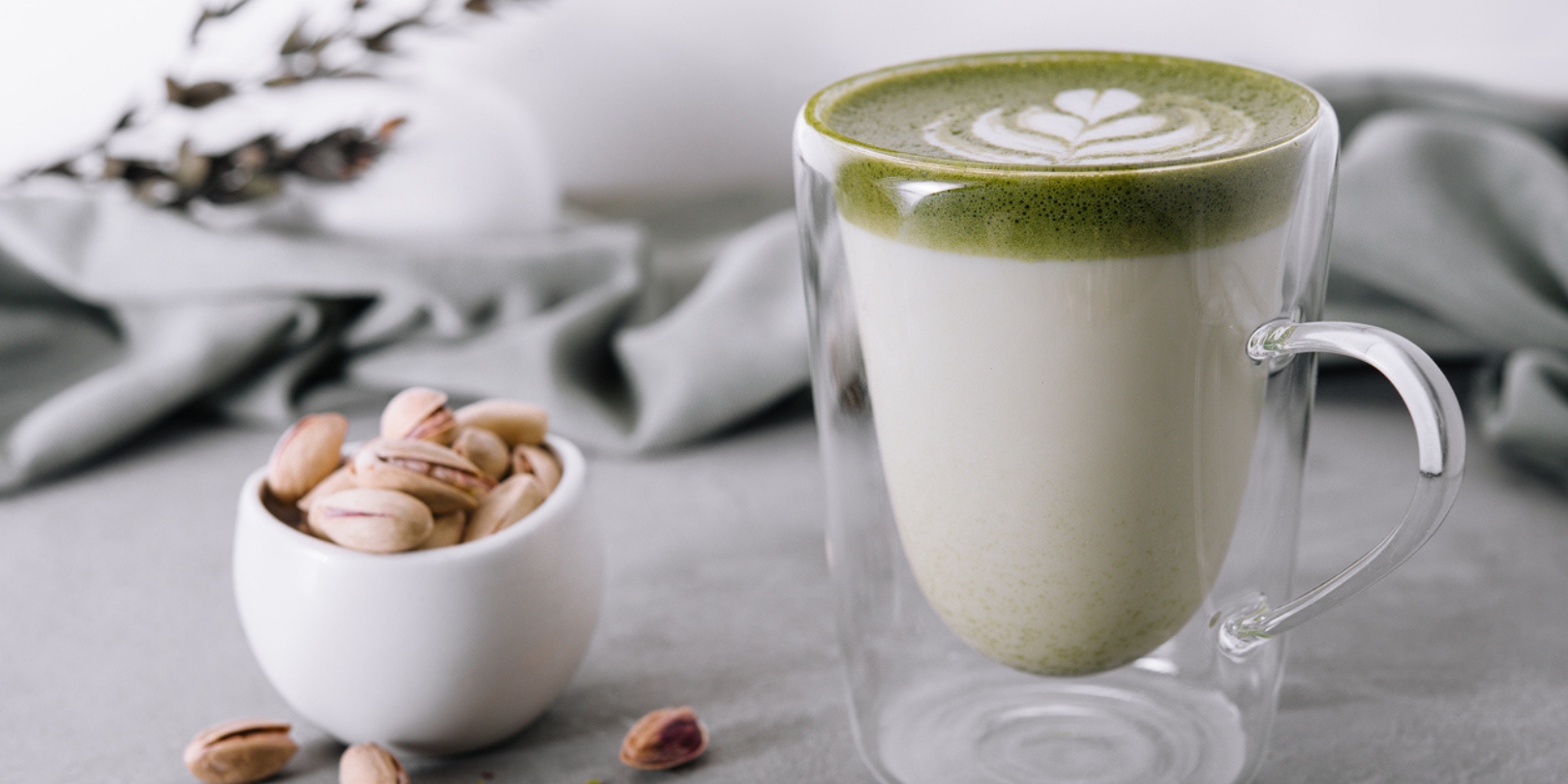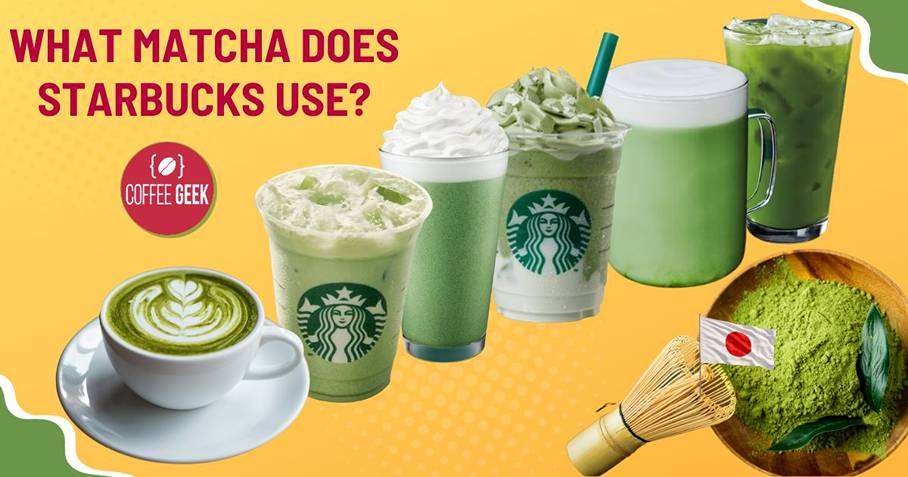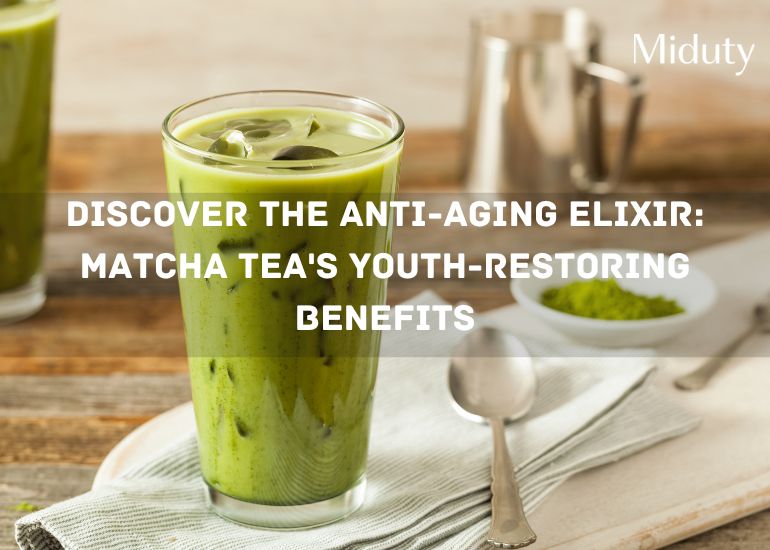A typical serving of matcha green tea contains about 70 milligrams of caffeine. This amount can vary based on the tea’s preparation and quality.
Matcha green tea, a staple in Japanese tradition, has gained enormous popularity worldwide for its rich flavor and potential health benefits. Unlike regular green tea, matcha involves consuming the whole leaf in powdered form, which provides a higher concentration of nutrients and caffeine.
Enthusiasts embrace matcha for its ability to offer a sustained energy boost without the jittery side effects commonly associated with coffee. As more individuals seek healthier alternatives to their daily caffeine fix, matcha stands out as an exceptional choice. Its unique preparation method not only contributes to the caffeine content but also ensures a wealth of antioxidants, making it a favorite among health-conscious consumers. Whether you’re aiming to kickstart your morning or need a mid-afternoon pick-me-up, matcha green tea is an excellent, vibrant option.
Matcha Green Tea: A Caffeinated Mystery
Matcha green tea stands out with a rich history. For hundreds of years, it has been linked to traditional Japanese tea ceremonies. Its story began in the tranquil Zen monasteries of Japan.
When comparing matcha to regular green tea, one notices a difference in caffeine levels. Both come from the Camellia sinensis plant, yet they vary in shade and nutrient content.
| Tea Type | Caffeine Content |
|---|---|
| Matcha Green Tea | Approximately 70 mg per serving |
| Regular Green Tea | About 35 mg per serving |
Matcha delivers roughly double the caffeine of its steeped counterpart. This difference arises from matcha’s unique powder form. Users consume the leaves directly, leading to higher caffeine intake.
Caffeine Content: The Science Of Measurement
Determining caffeine levels in matcha utilizes scientific techniques. Laboratories rely on equipment like High-Performance Liquid Chromatography (HPLC) for precise measurements. This method separates caffeine from other components in the tea. Experts also use mass spectrometry to detect caffeine’s distinct mass. These tools ensure accurate caffeine assessment in matcha.
Several factors influence matcha’s caffeine. These include shade growth, leaf picking, and grinding quality. Shading increases caffeine as the plant compensates for limited sunlight. Younger leaves, often used in high-quality matcha, contain more caffeine. Finer grinding can also lead to higher caffeine concentration due to increased extractability.
| Factor | Impact on Caffeine |
|---|---|
| Shade Growth | Increases caffeine content |
| Leaf Age | Younger leaves have more caffeine |
| Grinding | Finer grind means more caffeine |
Unmasking Matcha: Caffeine Numbers Revealed
The caffeine content in matcha green tea can surprise many. An average serving typically has about 70 milligrams of caffeine. This number can change with different brands. The level of caffeine in matcha also depends on the tea’s quality. Higher quality matcha usually contains more caffeine than lower grades. It’s similar to how chocolate might have varying levels of cocoa based on the type.
| Quality of Matcha | Caffeine Content (approx.) |
|---|---|
| Ceremonial Grade | 70-80mg per serving |
| Culinary Grade | 60-70mg per serving |
| Lower Quality | below 60mg per serving |
The Role Of Serving Size In Caffeine Intake
The amount of caffeine in matcha green tea can vary. A standard cup of matcha holds roughly 70 milligrams of caffeine. This is more than what’s found in a cup of regular green tea. Caffeine levels change with the size of the serving. They also depend on how strongly the matcha is prepared.
Delving into various matcha recipes shows different caffeine densities. A matcha latte might combine matcha powder with milk and other ingredients. This mix often results in a lower caffeine concentration per serving. Conversely, a thick, traditional koicha may have twice the caffeine of a standard thin usucha.
| Matcha Recipe | Caffeine Content |
|---|---|
| Thin Usucha | Approx. 70 mg |
| Matcha Latte | Varies, usually less |
| Thick Koicha | Up to 140 mg |
Health Implications Of Caffeine In Matcha
Matcha green tea boasts a unique profile of caffeine content. Notably, the caffeine enhances concentration and focus. This is due to an amino acid called L-theanine, which promotes a state of relaxed alertness. Unlike coffee, the energy boost from matcha is steady and jitter-free.
Despite these perks, consuming too much matcha can lead to discomfort. Excessive intake might cause insomnia, heart palpitations, or an increase in blood pressure. Those sensitive to caffeine should take care. Limiting consumption is wise to avoid unwanted effects.

Credit: www.cuisineathome.com
Caffeine Sensitivity And Personal Tolerance
Caffeine sensitivity varies from person to person. Knowing your own caffeine response is crucial. Start by noting how you feel after drinking matcha green tea. Do you feel jittery or anxious? Or perhaps, you feel just right and energized. It’s important to observe such reactions to determine your body’s tolerance.
To customize your matcha intake, consider these effects. Aim for a balance that keeps you alert but relaxed. For those who are sensitive to caffeine, a smaller serving of matcha might be best. Less sensitive individuals may enjoy a full cup or even more. Always listen to your body and adjust accordingly.
Preparation Techniques That Affect Caffeine
Water temperature plays a crucial role in caffeine extraction from matcha green tea. Hotter water releases more caffeine, making the tea stronger. Yet, using water that is too hot may result in a bitter taste.
Whisking method is also a key factor. A quick, vigorous whisk can lead to more froth and slightly more caffeine in your cup. The length of time you whisk could increase the caffeine as well. Longer whisking times help to fully mix the matcha powder, which might enhance its potency.

Credit: medium.com
Making An Informed Choice: Selecting Your Matcha
Finding the right matcha requires attention to its label and certifications. The label is a treasure map to understanding the product. Seek out the USDA Organic certification for quality assurance. The JAS (Japanese Agricultural Standard) mark is another trustworthy sign, ensuring it meets strict guidelines. Non-GMO and gluten-free labels also indicate health-conscious processing.
Matcha lovers should consider taste and caffeine levels in their choice. Matcha’s caffeine content varies but usually falls between 70-140mg per serving. This range is influenced by factors like farming techniques and leaf part used. High-quality ceremonial grade matcha is richer in taste and has more caffeine than culinary grade. Each type suits different needs, be it a morning boost or a cooking ingredient.
Beyond The Teacup: Caffeine In Matcha-infused Products
The caffeine content in ready-to-drink matcha beverages might surprise you. Prepared bottles of matcha drinks often range from 30 to 120 milligrams of caffeine per serving. This amount is like a cup of regular brewed green tea to a strong cup of coffee.
Matcha snacks pack a punch too. Energy bars, chocolates, and granolas with matcha might contain 10 to 60 milligrams of caffeine. The amount varies by the brand and serving size. Always check the label for exact caffeine levels.

Credit: coffeegeek.tv
Frequently Asked Questions On How Much Caffeine In Matcha Green Tea
Is Matcha Tea High In Caffeine?
Yes, matcha tea contains higher caffeine levels than regular green tea, typically around 70 mg per serving.
Is Matcha Caffeine Better Than Coffee?
Matcha contains caffeine, offering a gentle, sustained energy boost compared to coffee’s quick jolt. It also provides L-theanine, promoting calm alertness. Preferences between matcha caffeine and coffee may vary.
How Much Caffeine Is In Green Tea Vs Coffee?
Green tea contains approximately 15-45 milligrams of caffeine per cup, while coffee typically has about 95-200 milligrams per cup.
Is Matcha Green Tea Healthier Than Regular Green Tea?
Matcha green tea can be healthier than regular green tea because it delivers a higher concentration of antioxidants and nutrients due to the consumption of whole leaves.
Conclusion
Understanding the caffeine content in matcha green tea is crucial for mindful consumption. Typically, matcha contains about half the caffeine of coffee, but this can vary. Embrace its vitality and zen-like focus while moderating intake to suit your lifestyle. Select high-quality matcha for the best experience and enjoy its unique, energy-boosting properties responsibly.

